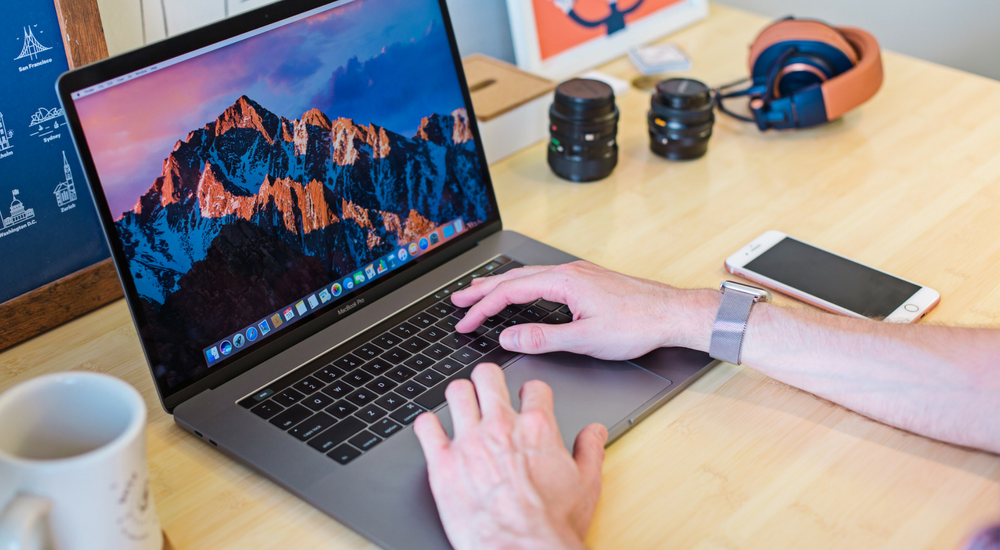
What Expenses Can You Claim As A Self-Employed Worker?
If you’re thinking about going self-employed or have recently become self-employed, you may be wondering what expenses you are eligible to claim when submitting your tax returns. This is an extremely common question that we are asked on a regular basis, so let’s look at some guidelines to help you through.
No matter what industry you are in, you will incur costs to running a business and as such some of these costs can be claimed as business expenses. Understanding which of your self-employed expenses are allowable and calculating your profit accurately is important for making sure you pay the right amount of tax.
Here’s an example:
Your business earns £30,000 in a tax year, but your allowable expenses add up to £5,000. You only need to pay tax on £25,000, which is your taxable profit.
What is a business expense?
A business expense is a cost incurred solely for the business. This doesn’t matter if you run a Limited company or not, however the ways that expenses can be claimed for both can vary. Expenses are not taxed which is why they need to be separated from your normal trading income. The lists provided below are not exhaustive but are examples, tax allowable items are generally any expenses incurred in the course of your business regardless of the business structure.
Expenses for self-employed workers who do not run a Limited Company:
You are taxed on the profits of your business. Simply put this equals your overall income minus your expenses and personal allowance.
It’s important to note that expenses must be exclusively for business use only otherwise it is not classed as a business expense. It is recommended by HMRC to keep all business receipts for seven years after the expense was incurred as evidence in case they decide to investigate any of your accounts.
It is relatively straightforward to claim expenses through your business. You will need to calculate all expenses incurred throughout the year and input them onto your Self-Assessment tax return.
The costs that you can claim as allowance expense include:
- Office costs (stationery and phone bills)
- Travel costs (fuel, parking, train or bus fares)
- Clothing expenses (uniforms)
- Staff costs, (salaries or subcontractor costs)
- Things you buy to sell on, (stock or raw materials)
- Financial costs, (insurance or bank charges)
- Costs of your business premises, (heating, lighting, business rates)
- Advertising or marketing (website costs)
Expenses for self-employed workers who run a Limited Company:
As before, all expenses must be solely and exclusively for the purpose of the business. It is important to keep records all of expenditure to have proof of purchase as HMRC may request details further down the line and these records should be kept for seven years. You can claim for a range of costs including:
- The fees associated with setting up your limited company
- Business travel (but this excludes parking fines or speeding tickets)
- Telephone calls
- Accountancy fees
- Stationery
- Postage
- Subscriptions
- Training
- Insurance
Other benefits
From a personal tax point of view if you are self-employed or employed by your own company there are a number of state and other benefits that you may be eligible to claim for:
Self-employed benefits
If you are not earning very much money in self-employment, you may be eligible for income support or working tax credit (soon to be replaced by Universal Credit).
Self-employed housing benefit
You may also be eligible for Housing Benefit and/or council tax reduction if your income is low. The council will probably ask for proof of earnings to establish a correct payment.
Self-employed grants
If you’re going self-employed, you may be able to apply for a New Enterprise Allowance which is a government grant. You may be eligible if you or your partner have been receiving jobseeker’s allowance or employment and support allowance, or if you’ve been receiving income support, or if you’re a lone parent, sick or disabled. The New Enterprise Allowance is a weekly allowance that can be paid for up to 26 weeks, up to a total of £1,274.
When you complete your self-assessment tax return, you may have the option to give a single figure for your allowable expenses or to give a detailed breakdown. If you choose to enter a single figure, you still need to work out all your expenses accurately and keep a record of your workings in case HMRC queries your figures.
If you’re in the process of setting up as self-employed and are struggling with the concept of the above, please feel free to get in touch with us. We’d be happy to discuss your personal situation and guide you in terms of what needs to be done.

This Post Has 0 Comments